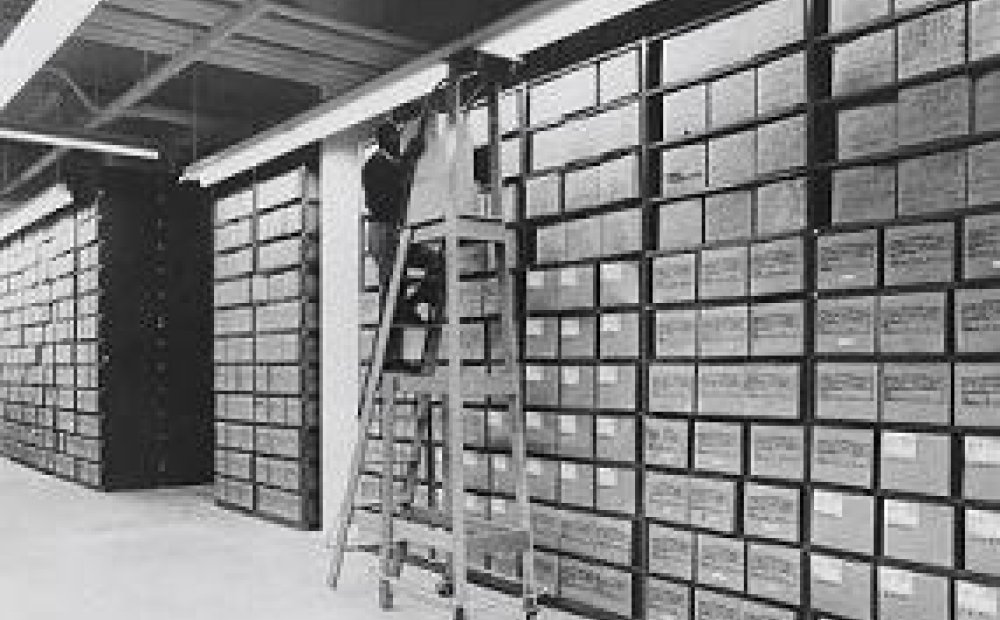Researching the Middle East

Event transcript available for download (PDF)
Panel discussing the challenges of researching and writing on recent international Middle East history and U.S. policy in the region. Finding reliable documentation can be very difficult for researchers due to limited access to regional archives, records captured during wartime, or classified records in the United States. The panelists discuss their own experiences and substantive findings studying conflicts such as the Iran-Iraq War, Iraq War, and the War in Afghanistan.
Panelists
Trudy Huskamp Peterson is an archival consultant and certified archivist. She holds a Ph.D. in history from the University of Iowa. She spent twenty-four years with the U.S. National Archives, including more than two years as Acting Archivist of the United States, and is now an archival consultant specializing in archives related to justice and human rights issues.
David Palkki is a Stanton Nuclear Security Fellow at the Council on Foreign Relations. He also is coeditor of The Saddam Tapes: The Inner Workings of a Tyrant's Regime, 1978-2001. Mr. Palkki previously worked for the Institute for Defense Analyses, the Organization for Security and Cooperation in Europe, and the House Ways and Means trade subcommittee.
Gregory D. Koblentz is an Associate Professor in the Department of Public and International Affairs and Deputy Director of the Biodefense Graduate Program at George Mason University. He is currently working on a project that examines the impact of regime security on the acquisition and use of weapons of mass destruction by authoritarian governments, including Saddam Hussein’s Iraq and Bashar al-Assad’s Syria. Dr. Koblentz is the author of Living Weapons: Biological Warfare and International Security (Cornell University Press, 2009).
Michael Eisenstadt is a senior fellow, and director of the Military and Security Studies Program at The Washington Institute for Near East Policy. A specialist in Persian Gulf and Arab-Israeli security affairs, he has published widely on irregular and conventional warfare and nuclear weapons proliferation in the Middle East. His most recent publication is Not by Sanctions Alone: Using Military and Other Means to Bolster Nuclear Diplomacy with Iran (The Washington Institute, 2013).
Kevin M. Woods is a historian and defense analyst with the Institute for Defense Analyses. Over the past decade he worked extensively in and published on the Saddam Hussein era records captured in Iraq. His most recent work, co-authored with Williamson Murray, is The Iran-Iraq War: A Military and Strategic History (Cambridge University Press - August 2014).
Speakers

Consulting Archivist
Hosted By

Cold War International History Project
The Cold War International History Project supports the full and prompt release of historical materials by governments on all sides of the Cold War. Read more


History and Public Policy Program
A leader in making key foreign policy records accessible and fostering informed scholarship, analysis, and discussion on international affairs, past and present. Read more
